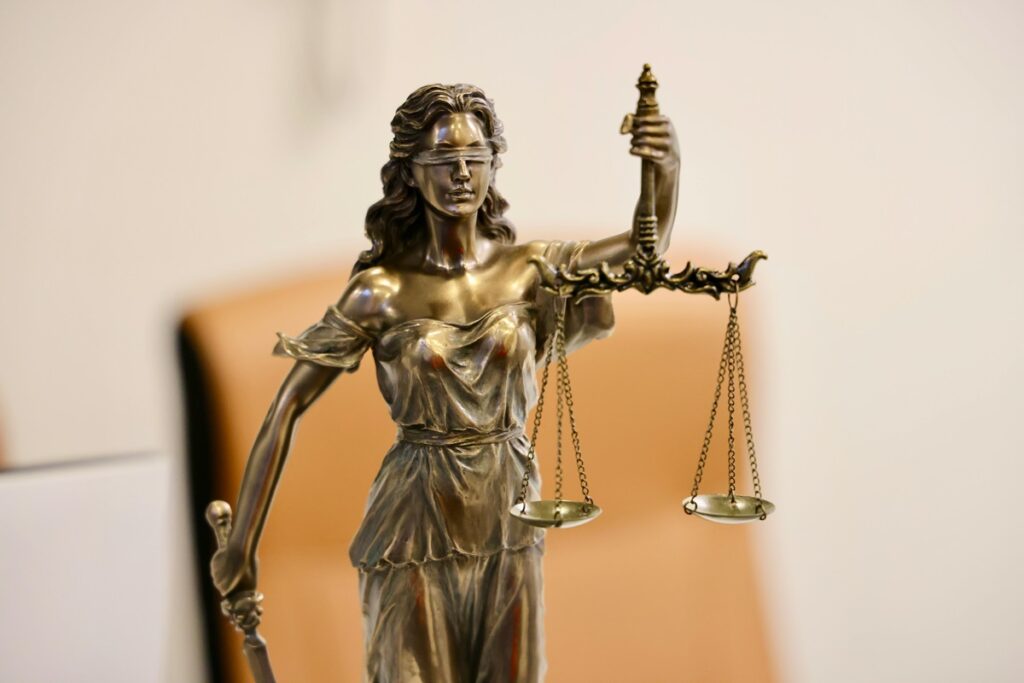Reputation takes time to build, but it can be destroyed in an instant, especially if your company is involved in litigation. The court is not the only battleground, whether the conflict centers on a contract breach, employee complaint, or regulatory matter. The general public, your employees, and your clients are all paying close attention. Damage control in litigation is about preserving stability, portraying openness, and safeguarding the company you have painstakingly developed, not about concealing tracks. Each decision helps you to preserve your brand, operations, and long-term reputation.
Transparent Communication Protects Relationships and Prevents Misinformation
Silence can generate ambiguity when legal problems develop. In the absence of information, trust can rapidly erode as people start to speculate to fill in the blanks. Controlled and transparent communication serves as a safeguard. It does not mean disclosing private information or wavering your legal posture. Rather, it entails carefully writing a message that not only fits legal strategy but also calms interested parties. Internally, your team requires reassurance. They are interested in how the circumstances influence their roles as well as the future of the business. Externally, customers, partners, and even the public have to be sure your company is polished and professional. Reinforcing this image helps with well-prepared remarks, constant updates when suitable, and a cohesive tone throughout the media. This degree of clarity preserves significant relationships under turmoil and safeguards the sense of dependability.
Legal Guidance Should Shape Every Strategic Move and Message
Litigation has stretched much beyond the courtroom; hence, each step taken during this period should be directed by wise legal counsel. Evidence might come from even informal comments sent in emails, meetings, or online. Close coordination with counsel becomes very necessary to make sure the public message and all business operations complement the legal approach. This legal coordination goes beyond responding to accusations. It entails going over internal policies, contracts, and past actions that might come up in court. It involves deciding whether to call outside advisors or change operations without attracting criticism. Early and frequent looping of legal professionals into important decisions reduces your exposure and helps to minimize inadvertent errors, weakening your position or complicating your defense.
Operational Consistency Reinforces Confidence During Legal Challenges
While lawsuits cause distractions, daily performance is the best evidence of stability. Maintaining high standards and delivering excellent service—even during litigation—sends a strong statement. It communicates to your customers, competitors, and staff that the company runs from a controlled rather than an anarchic standpoint. Key procedures should be strengthened and examined to achieve this. Necessary actions are assigning tasks, stepping up monitoring where needed, and spotting possible risk areas. Leaders should concentrate on making sure customer satisfaction, staff morale, and service delivery remain strong rather than let the litigation itself consume them. This operational strength not only helps to stop more trust loss but also shows a resilience that benefits your company even after the legal situation is settled.
Strategic Use of Expertise Strengthens Your Position and Your Reputation
Complex litigation often calls for specific knowledge; hence, hiring reputable experts will strengthen your case and reputation. Technical problems are helped to be clarified by industry experts, financial analysts, or forensic investigators, lending authority to your argument. Their testimony supports public opinion, shapes negotiations, and guides legal arguments, not only for the courtroom. Selecting the correct consultants makes all the difference. For example, companies like Round Table Group connect legal teams with highly skilled experts whose insights have value across sectors. These professionals offer objective, unambiguous facts that both courts and viewers may rely on as well as analysis bolstering your assertions. Including their opinions in your defense plan shows diligence and a dedication to truth, therefore positioning your business as both informed and prepared.
A Long-Term Focus Helps You Manage Risk Without Sacrificing Reputation
Litigation typically requires immediate attention, but decisions made during this period have long-term consequences. Particularly if they overlook the more general corporate plan, quick replies can backfire. This is why one should approach damage control with both present stability and future reputation in mind. Every statement, policy modification, or staff action should be considered for long-term impact. This mindset applies to settlement decisions, public communications, and post-litigation planning. Sometimes, maintaining goodwill is more important than winning every court case. Maintaining moral values, working with researchers, and proving your readiness to act with corrections all help to build your reputation.
Conclusion
Protecting your company under a lawsuit calls for consistent leadership, strategic communication, and operational discipline—not only legal defense. Every decision you make will affect how people view your business both now and years from now when the matter closes. You strengthen the resilience and principles that define your company by keeping in line with legal advice, giving transparent communication top priority, and welcoming professional input. It is not enough to simply survive the legal storm; you must also emerge with your integrity and future intact.

